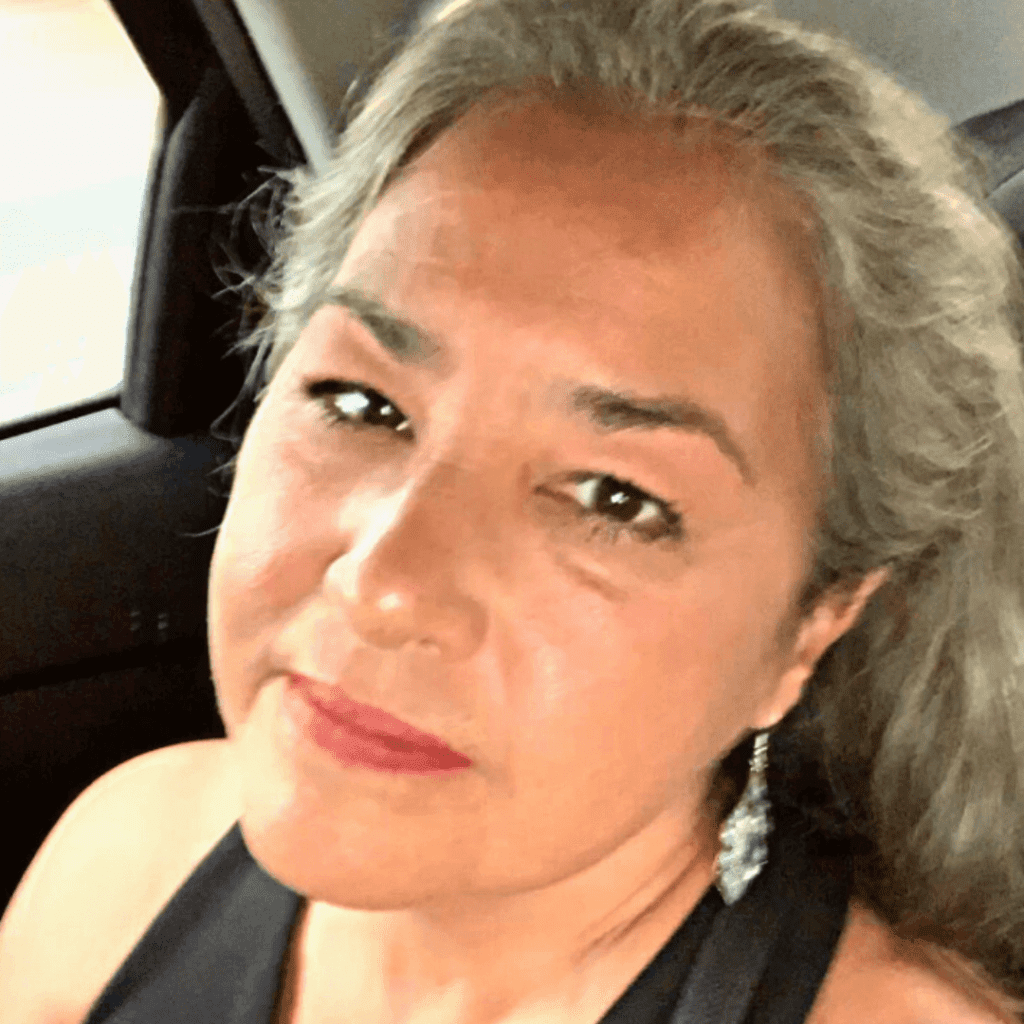Describe your life prior to diagnosis:
My life was great! I was cooking a lot and looking forward to opening a high-end supper club or wine club. I was moving my life toward a life of food. I didn’t realize anything was wrong until I started getting a rash that wouldn’t go away.
How did you come to know (or suspect) that you have celiac disease?
I started by having an intensely itchy rash on my forearms and back of my hands. It spread over the course of three months to my shins, knees, elbows, upper arms, buttocks, and lower back. It was disfiguring, it was depressing, and it was all-consuming. The itching kept me awake at night and it took up most of my brain space, my emotions, and my energy.
How long did it take for you to get diagnosed since your first symptoms and what (if any) challenges did you face along the way?
It took about six months to get a diagnosis. I first saw my primary physician who thought it was scabies. I brought up the idea of a gluten-related rash, but he said there’s no such thing as gluten sensitivities. After a scabies treatment didn’t clear it up and neither did steroid creams, he referred me to a dermatologist who thought it might be dermatitis herpetiformis (DH). He took a skin biopsy that returned without results.
Then COVID-19 hit and I couldn’t see any doctor for about three months. In the meantime I took steroid tablets, used many different creams, tried antihistamines, and kept in touch with my doctors over WhatsApp. After three months I called them crying because I was so depressed, sleep-deprived, and itchy.
I was referred to an allergist who did a lot of allergy testing (which was expensive!) and decided it was likely scabies, and then gave me two rounds of scabies treatments. When that did nothing, I was referred to another dermatologist who, with one look, suspected DH. He ordered the blood work and determined it was DH. Once my doctors knew it was celiac disease, they all just told me to go on a strict gluten-free diet without offering follow-up or any real advice. I asked for a prescription for dapsone to clear up the lesions but it’s not available in my country.
If you were diagnosed, who made the diagnosis?
I was diagnosed by blood work and visual analysis from my dermatologist. He referred me to a gastroenterologist who ordered more blood work and then referred me to a nutritionist. She also ordered genetic testing. The three of them agreed it was dermatitis herpetiformis and celiac disease.
Do you believe anything could have sped up your diagnosis? If so, please explain:
The COVID-19 pandemic sure didn’t help the speed with which my diagnosis was made. I felt like I really had to push the issue with my doctors to keep testing and I’m glad I did. My first doctor really dismissed me, saying there was no such thing as gluten sensitivities.
I spoke to my father-in-law, who has been a practicing physician for nearly 50 years, and he said he’s never had one patient with celiac disease in all his time practicing. I am sure he did have patients with celiac disease but he never knew what to look for or how to diagnose it.
What could help with diagnosis? Education, education, and education, so our doctors know what to look for.
Describe your experience with living with celiac disease or non-celiac gluten sensitivity:
The hardest thing about living with celiac disease is that it is a constantly present disease. Being around people who eat gluten (sharing a kitchen, going to restaurants, visiting people’s homes, traveling) and keeping myself safe feels like my life’s work. It’s exhausting and takes up so much of my head space and physical time.
My relationships with some people have really changed—many people have stopped inviting me for dinner or events, most people don’t understand and feel powerless to help, and some don’t believe it at all. Celiac disease is always the elephant in the room when I get together with people. And my goal of opening a restaurant is pretty much squashed.
I mostly focus on eating naturally gluten-free food, and since I love to cook it’s not hard to feed myself, but living in a gluten-filled world is anxiety-inducing and frustrating.
Is there anything else you’d like to add to your story?
I didn’t feel like my physicians had any advice to give on going gluten-free and what to do in the real world where other people eat gluten. I feel like I really had to do my own research and spent a lot of time in Facebook celiac disease groups. I’ve had to devise my own strategies from the advice of people who have lived with this for longer than I have. Being prepared is the number one way to keep safe and keep anxiety levels down. But sometimes I’d love to be spontaneous with my food.



